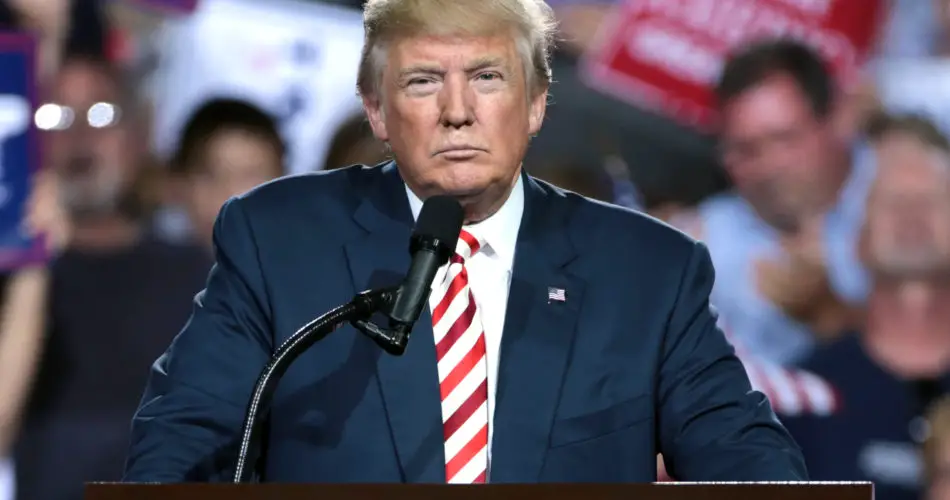Trump’s Vein Diagnosis Offers Rare Glimpse Into His Health, Raising Questions About Transparency
The White House’s disclosure that President Trump has a chronic vein condition offered a rare window into the health of the oldest person ever elected president. The announcement marks a notable shift for an administration that has often portrayed Trump, 79, as a symbol of stamina while revealing little about his medical history.
Trump was diagnosed with chronic venous insufficiency, a condition that makes it harder for veins in the legs to circulate blood back to the heart, leading to swelling and pooling. The diagnosis was shared last week by White House Press Secretary Karoline Leavitt at the top of a routine briefing, after recent public appearances showed Trump with visible swelling in his legs and noticeable bruising on his hand.
“In the spirit of transparency, the president wanted me to share a note from his physician,” Leavitt said, addressing growing speculation over Trump’s appearance at a FIFA event. She added that the bruising was “consistent with minor soft tissue irritation from frequent handshaking and the use of aspirin,” which Trump takes as part of a heart health regimen.
A more detailed memo from the president’s physician, Dr. Sean Barbabella, was later released, giving additional insight into Trump’s condition and confirming his overall health remains strong. But the uncharacteristic detail left many observers surprised—and others skeptical.
Barbara Perry, a presidential historian at the University of Virginia, called the announcement “a rather sudden turnaround” in tone from the Trump White House. While she praised the move toward transparency, she also noted, “We only know what they’ve chosen to tell us. We have no way of knowing if this is the full picture.”
Presidents are not legally required to disclose their health information, and White House physicians ultimately answer to the commander-in-chief. That dynamic, Perry said, makes it difficult to ensure the public is getting the full story.
While Trump often criticized his predecessor for alleged mental decline, his own record on health disclosures has been inconsistent at best. During his presidency, Trump regularly emphasized his physical strength—especially in contrast to Joe Biden—but was notably secretive about his own medical episodes.
In 2020, when Trump contracted COVID-19, the White House offered few concrete details. It wasn’t until later reporting and the release of a book by former Chief of Staff Mark Meadows that the public learned Trump’s condition had been far more serious than initially suggested. He was hospitalized with dangerously low oxygen levels and received an experimental treatment not widely available at the time.
Trump had also promised to release his full medical records during his first campaign, but never followed through. What information was released was often exaggerated. In 2015, his then-doctor Harold Bornstein released a glowing letter claiming Trump would be “the healthiest individual ever elected.” Years later, Bornstein admitted Trump had dictated the letter himself.
In 2018, former White House physician Ronny Jackson—now a Republican congressman—praised Trump’s genetics and joked he could live to 200 with better eating habits. And most recently, Dr. Barbabella’s April memo described Trump as physically active and credited him with “frequent victories in golf events,” declaring him fully fit for office.
Despite surviving an assassination attempt in July 2024, the Trump campaign released little about his recovery, fueling further questions about the president’s health transparency.
Dr. Jeffrey Kuhlman, former physician to President Obama and a longtime leader of the White House Medical Unit, said the latest memo appears more credible than past statements. “It’s at least a breath of fresh air,” Kuhlman said. “Presidents don’t like to talk about their health unless they absolutely have to.”
While he welcomed the medical detail, Kuhlman cautioned against assuming this marked a new era of openness. “I’m not sure it’s a turning point,” he said. “But it’s the first health memo that appears to be written by an actual doctor, not by the president himself.”
Trump, who would be 82 at the end of his current term, is now poised to become the oldest president in U.S. history—surpassing even the record set by Biden. With age increasingly in the spotlight, the debate over presidential health and public disclosure is unlikely to fade anytime soon.


